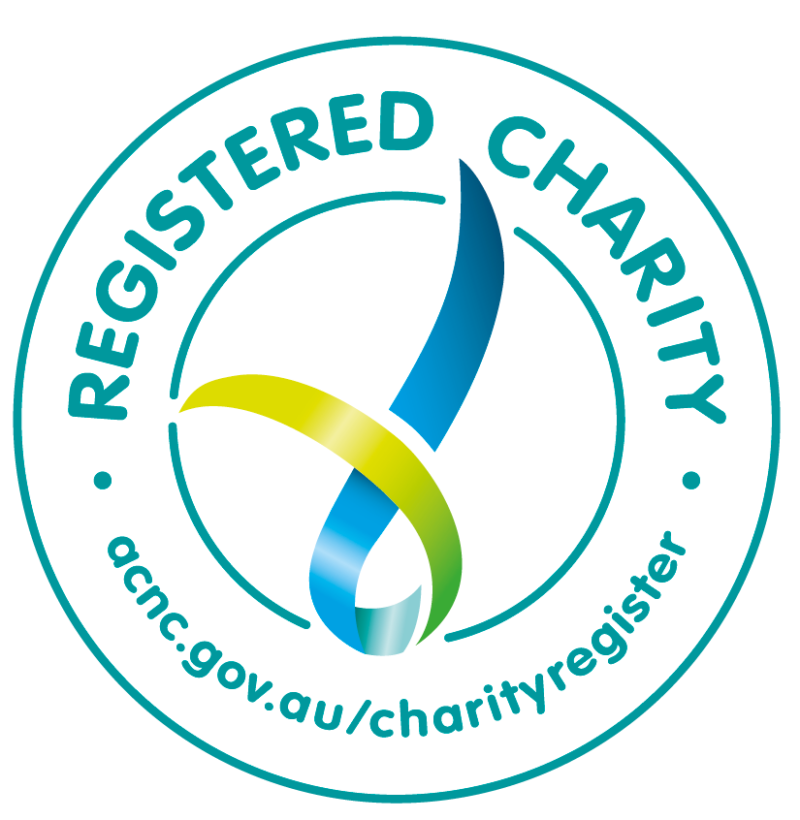Dr Bruce Robinson provides tips on cyber bullying and the signs to look out for
This month on The Fathering Channel we are bringing you a special series on bullying and cyber bullying to assist all fathers and parents develop their skills and knowledge to support their child if the situation ever occurs.
Although development of online technology has provided us with some amazing new ways to communicate and socialise, it can, unfortunately, provide a new space for bullying to occur.
Research has shown that many of the children and young people start off with face to face and move to online bullying. So, it is important to get in early and teach your children better ways to behave socially before these bullying become intrenched as a pattern in their social behaviour.
Cyber bullying can also be more intense than face-to-face because
- It can occur 24/7 and be difficult to escape as you can also be targeted at home.
- The person bullying can have a sense of being anonymous online.
- It can have a large audience – messages or pictures can be sent to groups or posted on a public forum which can be permanent.
- It is less likely children will tell someone if they are cyberbullied or if they know someone else is being cyberbullied. This is often because they fear they will have their device taken away or will be restricted in their online time.
It can sometimes be difficult to know if your child is being cyberbullied and as they get older it is less likely they will tell you. It is important for parents to monitor their children’s online activities and encourage their child to talk about any troubling experiences.
What are the signs that your child might be bullied online?
- Being upset after using the internet or their mobile phone
- Appearing more lonely or distressed, withdrawn, anxious, sad or angry
- Unexpected changes in friendship groups
- Having trouble sleeping
- Avoidance of school or other activities they previously enjoyed
- Becoming secretive about their online activities and mobile phone use
How to support your child if they are being bullied online:
- Make sure they don’t respond. Responding to the bullying brings attention to it and can cause it to become worse.
- Block the person who is bullying straight away.
- Check their privacy settings social networking site profile is set to private.
- Keep a diary of what is happening and when.
- Save the evidence of the bullying e.g. screenshot the evidence.
- Report the bullying to the site’s service provider to have it removed.
- Let your child’s school know. Even if it happened at home or on a weekend, bullying usually happen within the child’s social network of peers. Plus, your school can help you with advice and support your child while at school.
For more information about online safety and how to report or remove cyberbullying go to www.esafety.gov.au/parents
Check out all of our trending stories this month on bullying and how you can support your child to be better prepared and open to discuss and solve a problem should it occur.
We want to foster connection, sharing and collaborating in this time of isolation and need. The Fathering Channel is an online community hub and a source of research-based advice, support and information. Tune in every Monday for Bruce’s weekly video – packed with fathering advice and tips.
Subscribe for Updates



